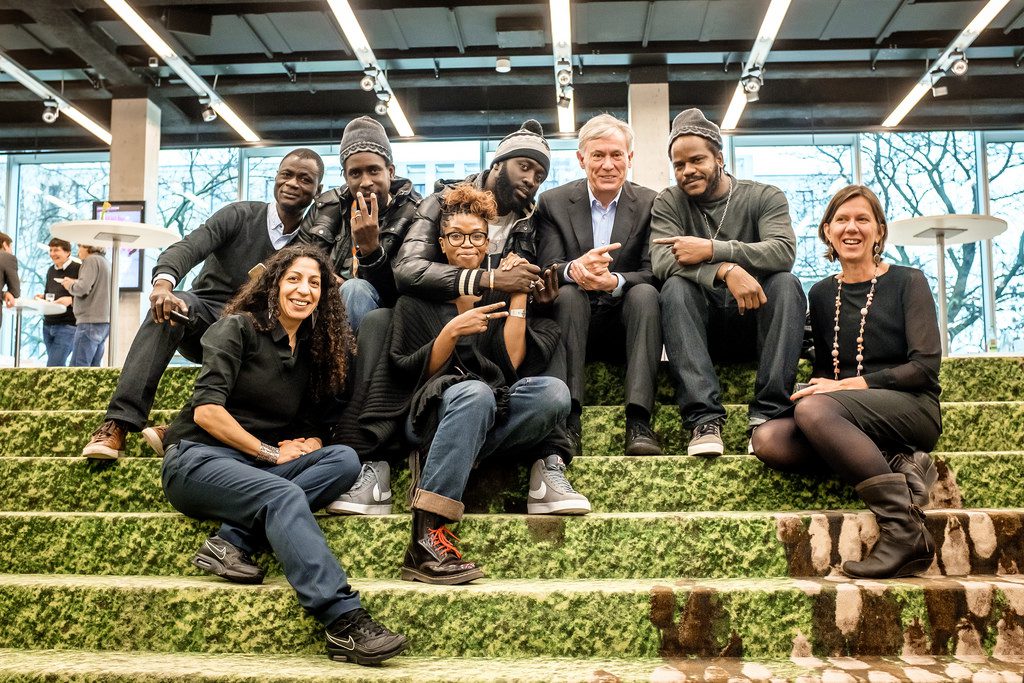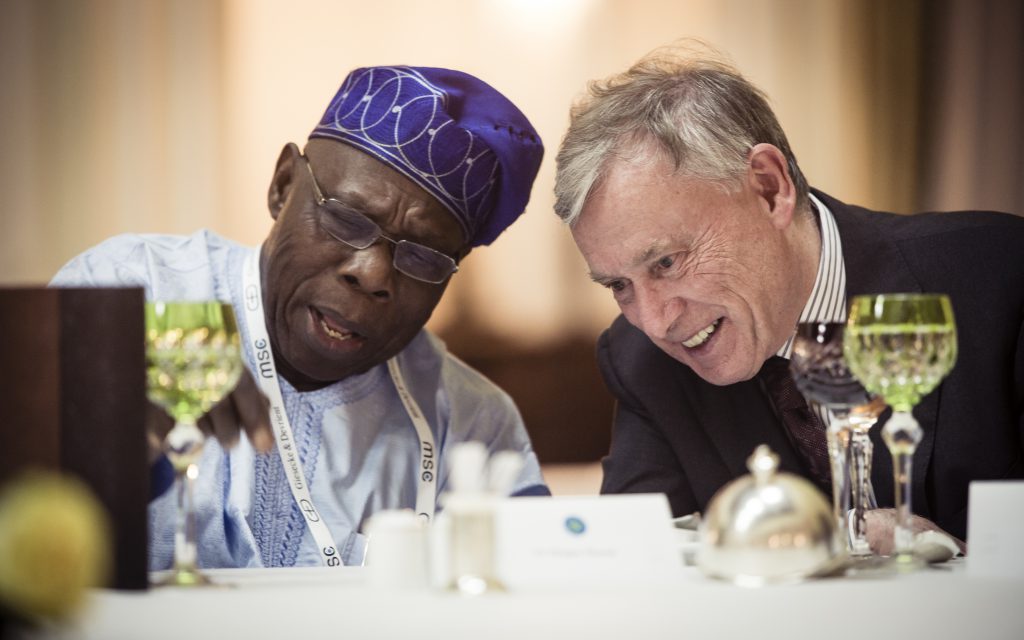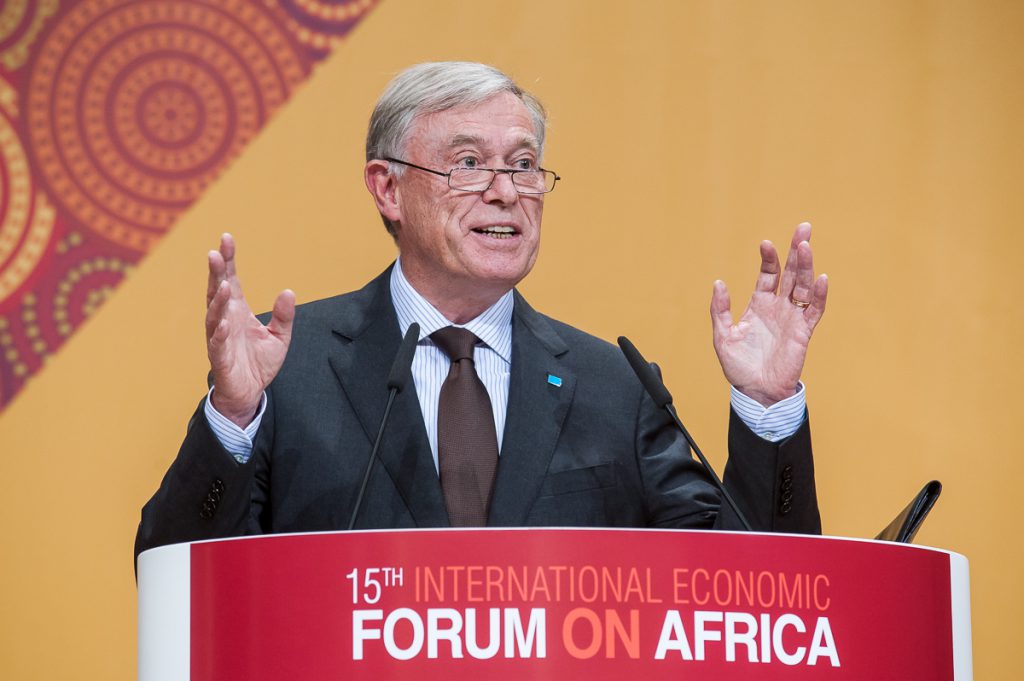“Today Africa is a continent of rapid and profound change. We are witnessing a transformation of historic proportions. It is this part of the world that will shape the twenty-first century.”
Former President Horst Köhler
Africa
Humanity is facing a challenge of historic dimensions. Its future critically depends on the development of the second largest continent on Earth: Africa. Africa’s population is rapidly growing and is projected to double to 2.5 billion people by 2050. Already today, the continent is home to the world’s youngest population. More than half of all Africans are 18 years or younger.
Creating new perspectives for Africa’s youth
Africa’s population needs prospects for a secure and prosperous future. This holds especially true for Africa’s youth . That is why African economies need to grow and productive jobs need to be created – both on an unprecedented scale. Young people want to take charge of their future: they need to make their voices heard and they also need to be given real opportunities for political participation.
There is ample opportunity to turn this vision into reality. Africa is a continent in transition and rich in both resources and ideas. To realize its potential, African governments and civil society leaders alike need to live up to their responsibilities. They need to enforce the rule of law, improve education, scale-up infrastructure investments, and diversify their economies.
Europe bears a special responsibility
At the same time we need a global enabling environment that allows Africa to economically stand on its own feet. The global trading system needs to give developing countries a fair chance. International tax and financial regulations must become fairer. And climate change must be addressed ambitiously, because many of its consequences are already being felt in Africa today. For all this, Europe and also Germany bear a special responsibility towards Africa.
Europe is linked to Africa in a special manner, both historically and geographically. Africa’s rise offers extraordinary opportunities for its European neighbors. Conversely Africa’s development challenges harbour great risks for Europe, too. Therefore, Africa and Europe need to engage in a new strategic cooperation with each other.
Selected speeches on the topic
“We must not allow the debate on the refugee crisis to define Africa’s youth as a threat that must be contained, when it actually is a potential which must be released.”
Horst Köhler, G20 meeting with African Heads of States, 12 June 2017
read more“Allowing Africa to generate the kind of growth that provides jobs and perspectives to its surging youth requires new thinking in the rich countries, and yes, it requires them to make room for economic diversification, growth and value addition in the South.”
Horst Köhler, Africa’s role in the world: some thoughts on interdependence and responsibility, 22 September 2016
read more“What I am calling for is an awareness of our shared, fraught history and awareness of the possibility that many colonial and post-colonial attitudes persist to this day. Have we really moved on from perceiving and treating Africa as an object?”
Horst Köhler, On the impossibility of speaking of Africa, 18 March 2014
read more

